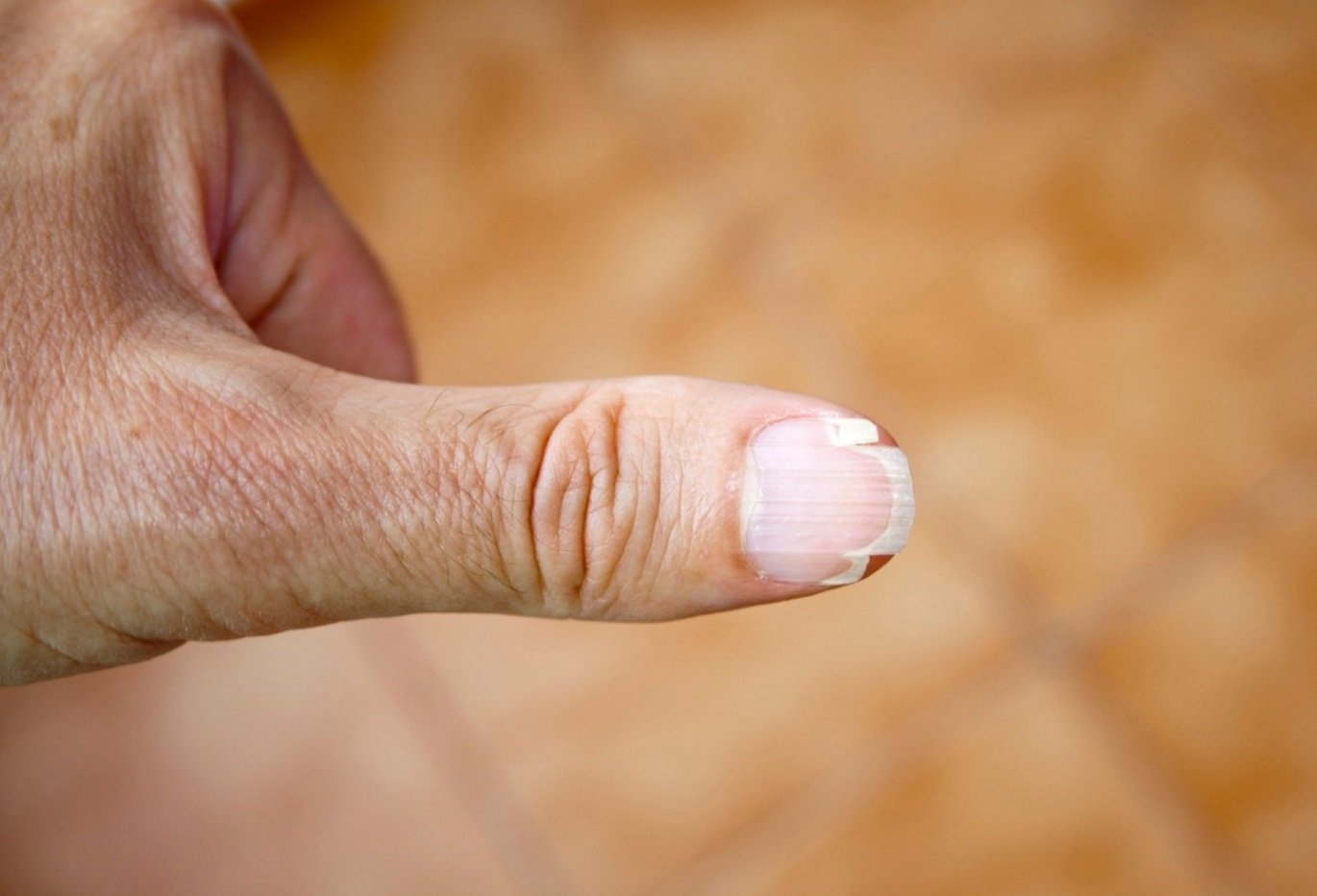Brittle Nails (Split Nails)
Why do I have brittle nails?
Up to 1 in 5 people experience brittle or split nails — nails that are thin, fragile, or break easily. This can be painful, especially if the nail catches on clothing.
Brittle nails are more common in women and often worse in the winter months. As we age, nails naturally become thinner, weaker, and more prone to splitting.
Stress also plays a major role. When the body is under significant strain — such as during illness, after surgery, or through major life events (loss of a loved one, divorce, chronic stress) — essential nutrients and vitamins are redirected to vital organs. Hair and nails are low on the body’s priority list, so stress can cause nails to weaken and hair to shed.
How do I fix brittle nails?
Brittle nails usually improve with the right care. Here are the steps I recommend:
Avoid nail salon treatments – No fake nails, polish, or polish remover while trying to repair brittle nails.
Moisturize daily (several times a day if possible):
Thick ointments like Vaseline or Aquaphor work best (especially at bedtime).
For daytime use, lighter creams such as CeraVe Moisturizing Cream or Vanicream Moisturizing Cream are excellent.
Check and replace essential vitamins and minerals:
Ask your doctor to check your iron and zinc levels.
Flintstones chewable vitamins are an easy option for iron (and contain zinc).
Many hair-skin-nail supplements are good, but few contain iron.
Protect your nails from water damage:
Always wear gloves (or latex-free) for dishes, cleaning, or “wet work.”
Water actually dries out nails.
Apply Vaseline or CeraVe cream immediately after washing dishes.
Consider a nail strengthener:
A high-quality nail strengthener can help while your nails grow out.
My favorite is Rejuvacote (available in original and sensitive formulas).
With consistent care, most people notice stronger, healthier nails within a few months.
What else can I do for brittle nails?
Reduce stress: Stress can affect your whole body, including your nails. When your body is under stress, it prioritizes essential organs over hair and nails, which can lead to thinning and breakage. Simple stress-management techniques—like exercise, deep breathing, mindfulness, and good sleep—can help improve nail health over time.
Eat a balanced diet: Poor nutrition can make nails weaker. Focus on whole, nutrient-rich foods: fruits, vegetables, nuts, seeds, and lean proteins. A whole-food, plant-based diet provides vitamins, minerals, and antioxidants that support healthy nail growth.
Stay hydrated: Drinking water helps prevent nails (and skin) from becoming brittle and dry.
Avoid harsh chemicals: Nail polish removers with acetone, cleaning products, and hand sanitizers with high alcohol content can weaken nails. Use gentler options when possible.
What if my brittle nails aren’t getting better?
Most people see improvement with the steps above, but sometimes brittle nails are stubborn or caused by other skin or health conditions. If over-the-counter options are not working, a couple of prescription lacquers have been shown to help in clinical studies. Look for a board-certified dermatologist in your area. If you are in or near Utah, see one of my excellent colleagues at the University of Utah or me virtually with Honeydew.
DISCLAIMER
The statements expressed and content of this website are not intended to be a substitute for professional medical advice. Readers should seek their own professional counsel for any medical condition or before starting or altering any treatment, exercise, or dietary plan. Please see our full disclaimer here.

